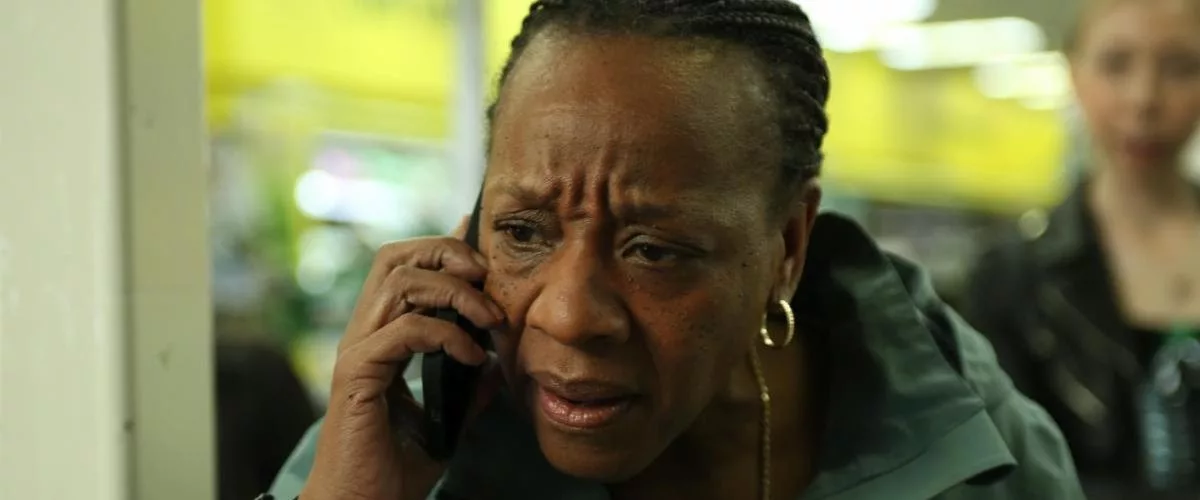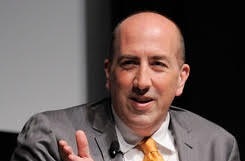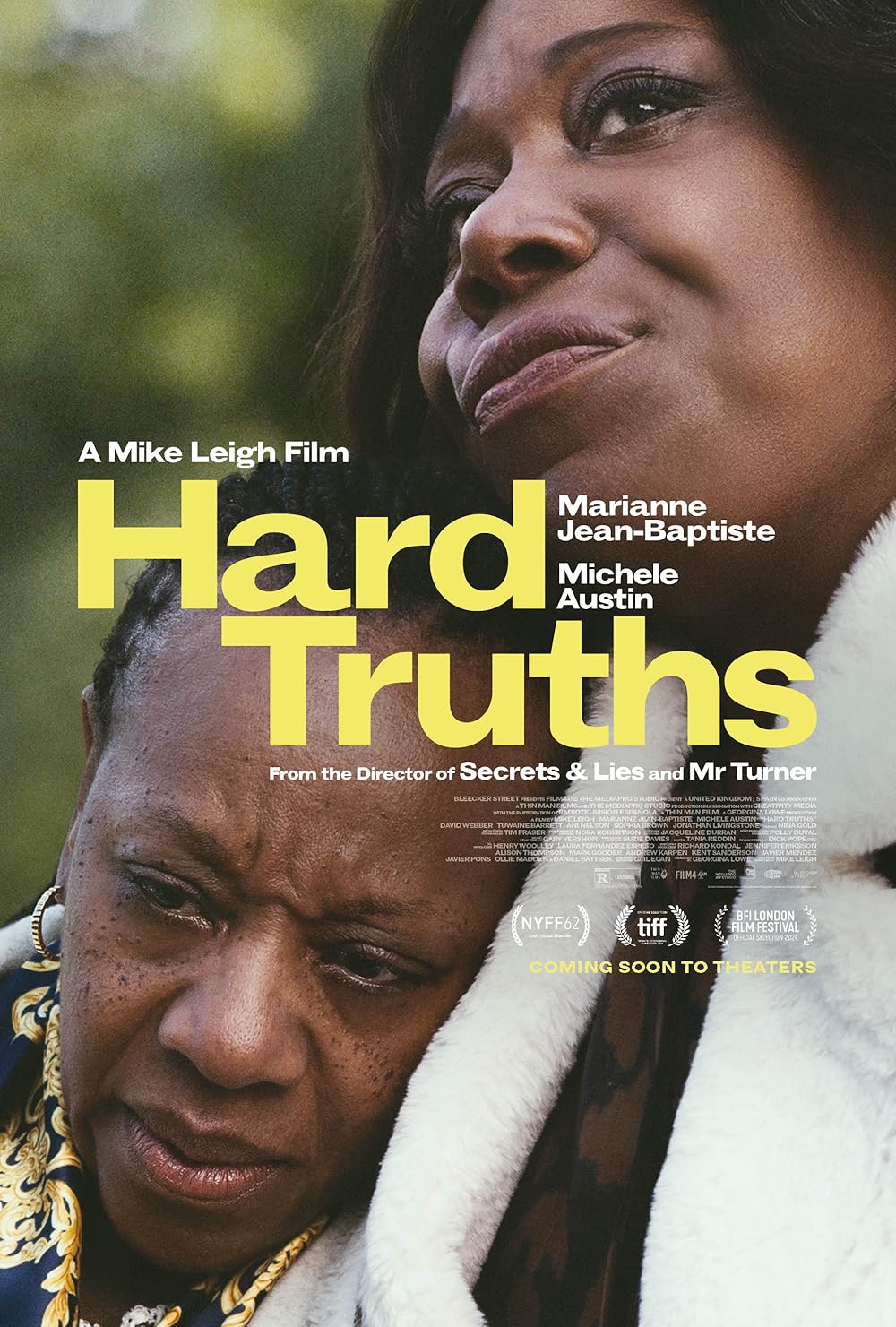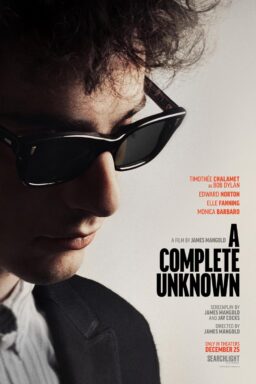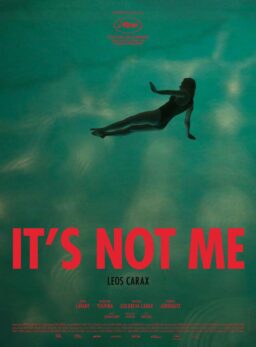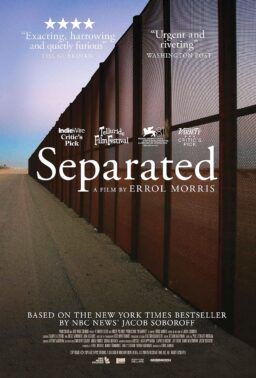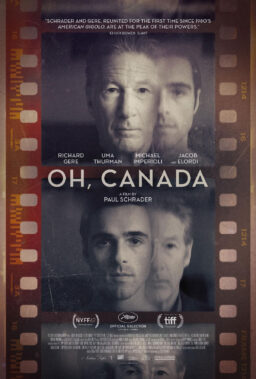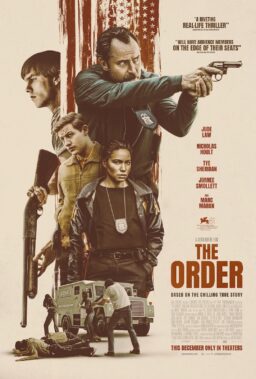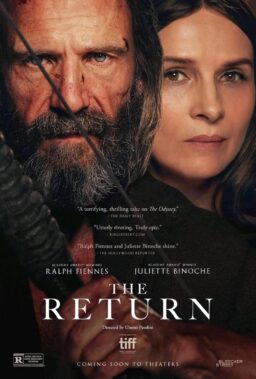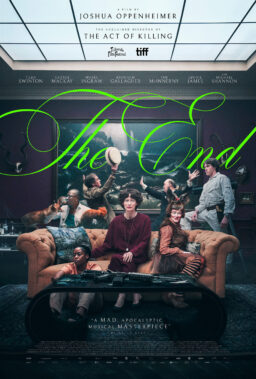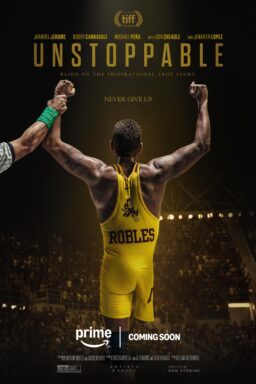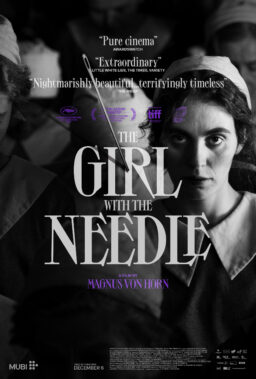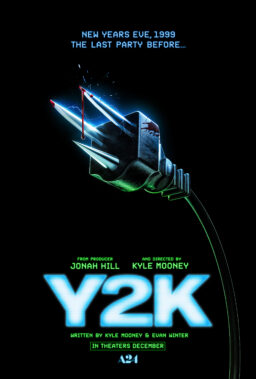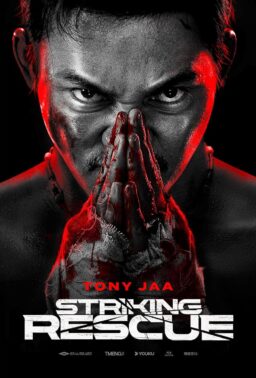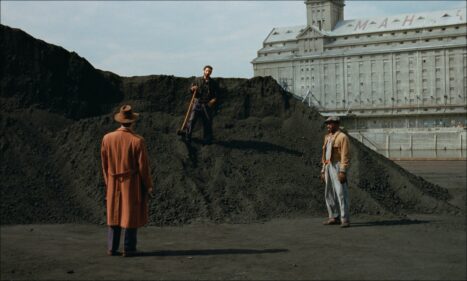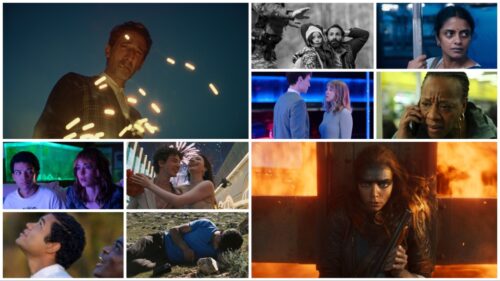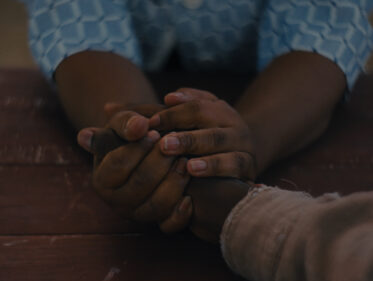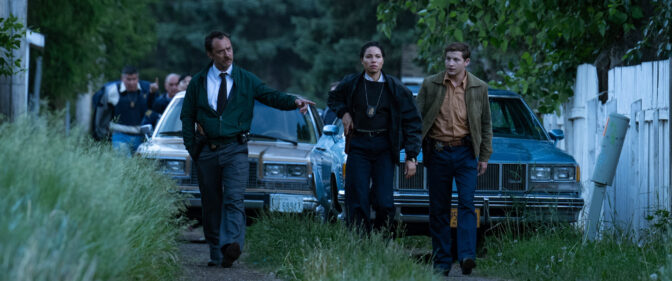This film could have been titled “The Brutalist.” Its lead character, Pansy, is not an architect but an aging wife and mother who doesn’t feel well and perhaps never has felt well. The way she relates to other people — all other people, her family, checkout clerks at the grocery, furniture store salespeople, you name it — is rhetorically outsize, without proportion in its anger, utterly unheeding of the feelings and perspectives of others. Her entire life, it seems, is a lashing out.
At what, exactly? When asked why she’s so angry — and the question doesn’t occur at a particularly critical juncture in the movie, so the exchange doesn’t represent anything like a climactic epiphany — Pansy considers for a moment before sadly answering that she doesn’t know. As audience members, we’re allowed to infer our own hard truth: it’s the world. It’s other people. It’s a lot.
Writer-director Mike Leigh is 81 years old, and his movies consistently have a fire that’s practically adolescent while imparting a wisdom that’s possibly ancient. “Hard Truths” is a tragi-comedy character study of near-febrile vitality. And, entering the sweepstakes rather late in the game, it’s one of the very few great films of 2024.
Marianne Jean-Baptiste, the co-star of 1996’s “Secrets and Lies,” one of Leigh’s most beloved pictures, makes a dazzling return to Leigh’s world. Leigh’s movies feel unique and unusually direct in ways that other movies don’t, and that’s not, as it happens, due to an unusual amount of on-set spontaneity. Leigh and his cast can spend months working on their roles; the performers determine the story the movies tell, as much as the director. Pansy is not the first character in Leigh’s cinema to have a point of view that they’re constantly compelled to spit out. Who can forget David Thewlis’ Johnny in Leigh’s 1993 “Naked,” trawling through East London loquaciously holding forth on the ways in which modern life is rubbish?
Pansy doesn’t have Johnny’s overt philosophical bent. Her complaint, simply put, is that everyone’s asking her to do things. Her far more cheerful sister, Chantelle (Michele Austin), lives a life of relative equanimity, has two lively and funny adult daughters, and isn’t fussy about planning a weekend outing to a cemetery to visit the grave of her and Pansy’s mother. The idea of such an outing is practically cataclysmic, however. The simple trip, and whether Pansy will venture out on it, becomes a major story linchpin. Pansy’s prevarications about the anniversary of her mother’s death are petulant, snippy. It becomes clear after a while that she’s still not over it. Pansy’s abrasiveness masks — and not very well at that — a heartbreaking sensitivity. We come to understand that Pansy lashes out because she’s in terrible pain herself. The movie is a compassionate demonstration of the axiom that “hurt people hurt people.”
Leigh’s work often contains a political dimension; the one presented here is both highly sophisticated and not foregrounded. Consider that a white filmmaker has concocted a picture with maybe two white characters in it, and that the material fits him and his cast like a trusty old overcoat. This speaks not of any soft-hearted ilk of universal humanism, but an insistence on an integrity of circumstantial specificity. Or, ahem, what comic book movie fans call “world building.” The point being that the realm in which this film is set is, finally, one that concerns us all. The world is a problem, as the politically progressive musical group Henry Cow once put it.
